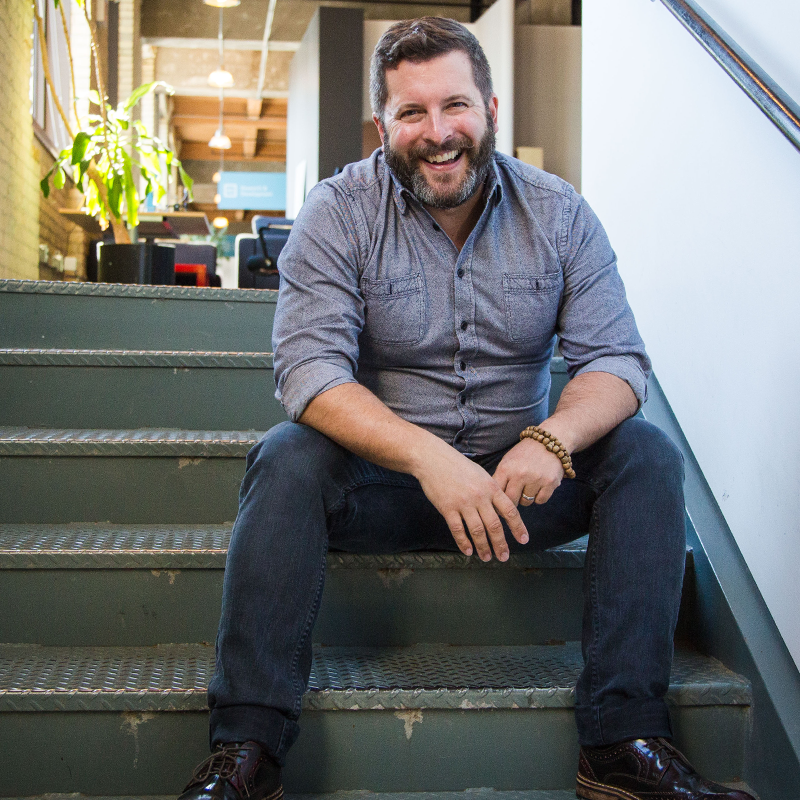‘I Wanted More of That Feeling’: How Wattpad Co-founder Allen Lau Built a $750-Million Business
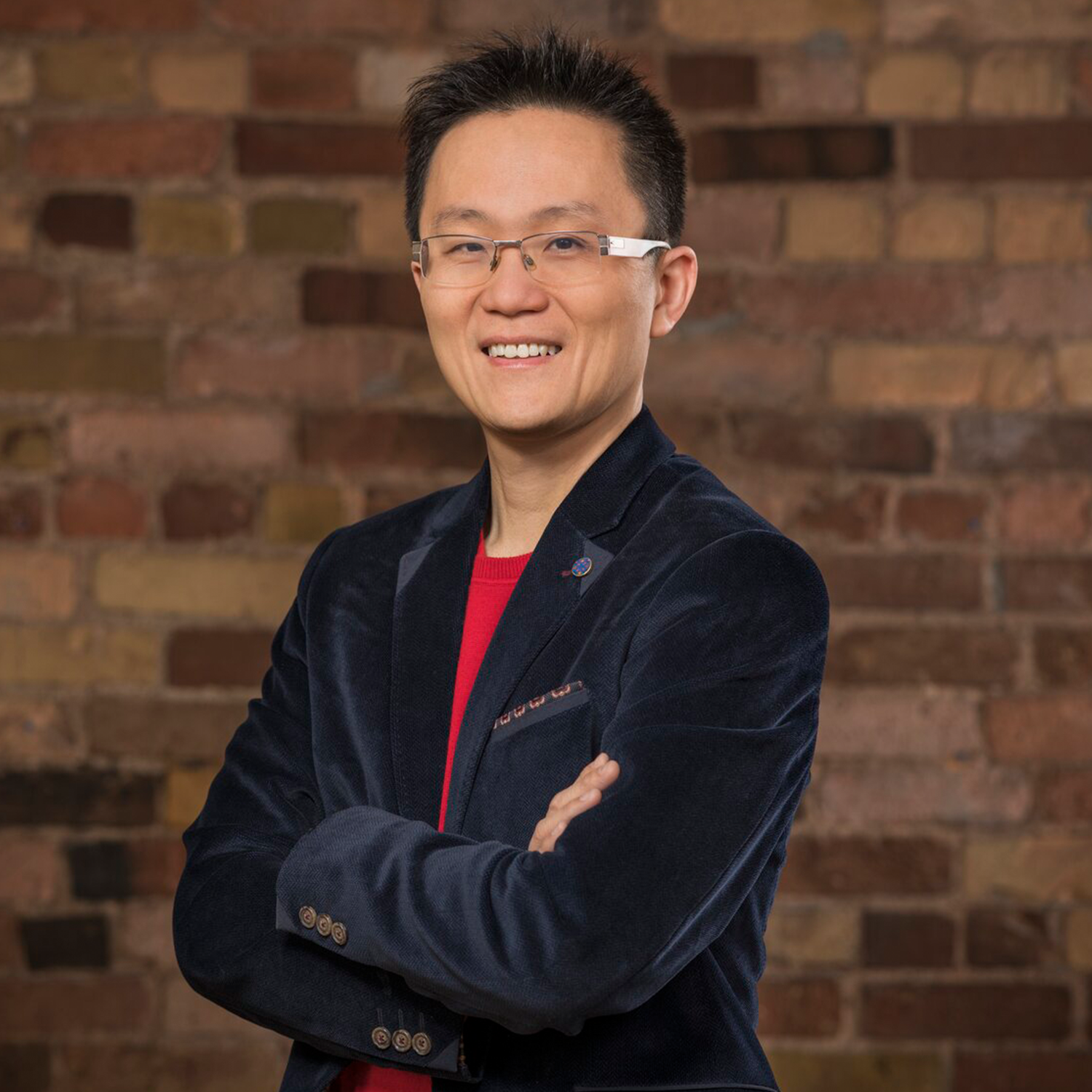
Allen Lau started the social-storytelling platform Wattpad in 2006 to help writers self-publish content and connect with readers. In 2021, the Toronto-based company was acquired by the massive South Korean internet company Naver for more than $754 million. Now, Lau is working on his latest venture: a VC fund called Two Small Fish.
I was born and raised in Hong Kong. When I was in junior high school, my father bought me an Apple II, one of the world’s first mass-produced personal computers. With the machine and a few books, I learned programming by myself. That was a game-changing moment because it helped me build the habit of teaching myself and sparked my curiosity in technology.
I moved to Toronto in the late ’80s to get my engineering and master’s degrees at the University of Toronto. After graduating, I got a job as a software developer at IBM. But I didn’t like working at such a big company, and craved the energy and excitement of an early-stage firm. I moved on to the Toronto-based software start-up Delrina, which had 100 employees when I joined in 1993. Two years later, it had 700 employees and was acquired for half a billion dollars. That was the fastest rocket ship I’ve ever been on. I wanted more of that feeling.
A few years later, I joined Brightspark, a Toronto-based venture capital incubator founded by the same entrepreneurs who started Delrina. Within Brightspark I started my first company, Tira Wireless, which published games for mobile phones. That’s where I got the idea for Wattpad, an online literature platform that hosts user-generated stories. It was a way to combine the trends of cell phones and user-generated content. At that time, going through a traditional publisher was the only feasible way for fiction writers to find an audience. Readers and writers were not able to connect directly, and there was no easy way for people to carry around the content they wanted to read. I co-founded Wattpad in 2006 to fill these gaps in the market.
It certainly wasn’t an easy start. Our first office was my dining room. I, my co-founder Ivan Yuen, and Eva Lau (my wife and Wattpad’s head of content and community at the time—she’s since stepped down) would sit around the table bouncing ideas off each other. We launched with public-domain books like Pride and Prejudice to draw readers to the platform, and made a grand total of $2 via Google AdSense in our first year.
But it was also fortuitous timing. A year after we founded the company, the first iPhone came out—and a year after that, the first Android. In 2008, Wattpad was available as an app on iPhone, Android and Blackberry devices, allowing people to read user-generated content on their phones. In 2011, we doubled our team size, had a million registered users and attracted more than $4.1 million in funding. By 2013, we had 20 million monthly users. A few years later, streaming exploded onto the scene, and I pivoted the company accordingly.
Using AI to gauge the popularity of stories on the platform, Wattpad launched a studio arm to leverage our user-generated IP library and cut deals between writers and production studios. The value proposition was a built-in audience for the app’s most popular content. If a writer’s story was popular on Wattpad, it could get optioned for film production. In 2021, the company was acquired by the massive South Korean internet company Naver for more than $754 million. I stepped down as CEO, but remain Wattpad’s executive advisor.
Since I’m no longer dedicating 16 hours a day to Wattpad, I have more time to allot to Two Small Fish—the VC fund I co-founded with Eva In 2014. In October, Two Small Fish raised $24 million in its third round of funding, targeting an overall size of $40 million. With 40 companies under our belt and five exits so far—including SkipTheDishes, which was acquired for $110 million in 2016—we’re just getting started.
The thesis is transformative technology with a global scale. We’re sector-agnostic, since technology is everywhere. That means I’m constantly thinking about the latest developments in many different industries, from fashion and fintech to health care and mining. The context-switching is challenging, but in an intellectually stimulating way. I feel like I’m making an impact by leveraging my experiences as an entrepreneur—and that makes me super happy. If you look at the tech ecosystem in Canada, with many technologies in early phases of disruption—from AI and Web3 to the future of work—this is an amazing time to invest.
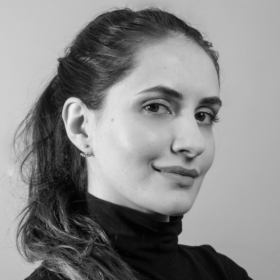
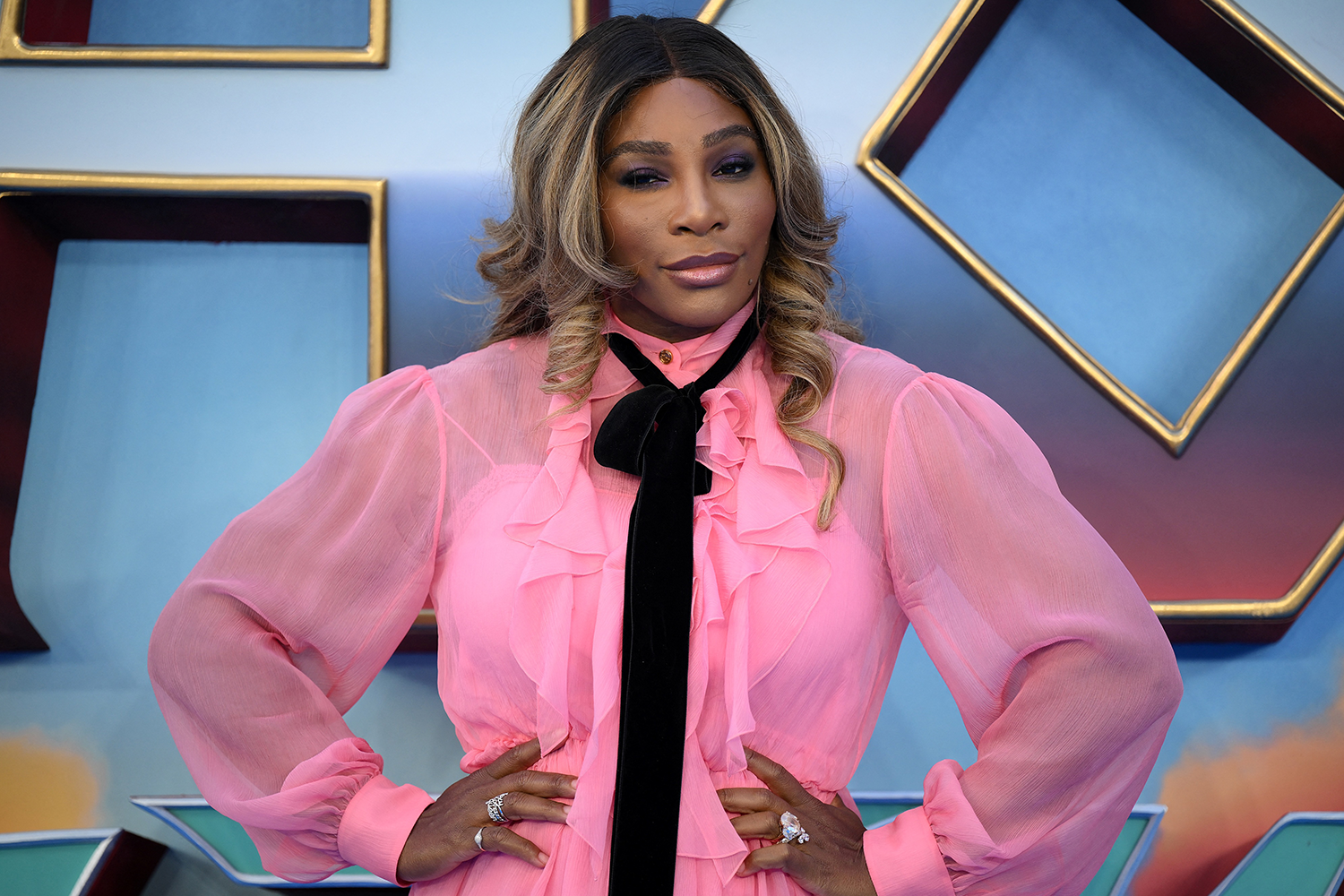


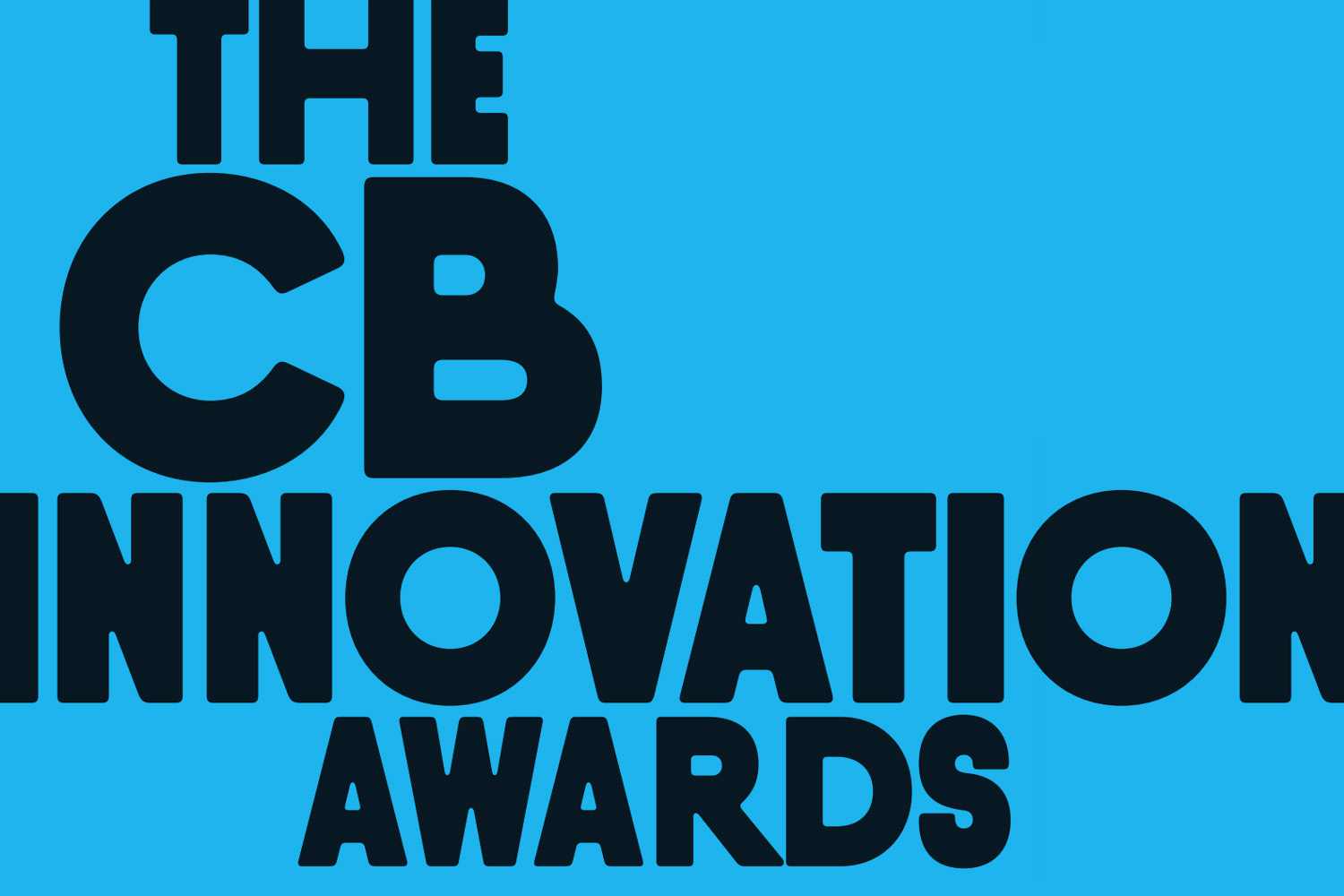
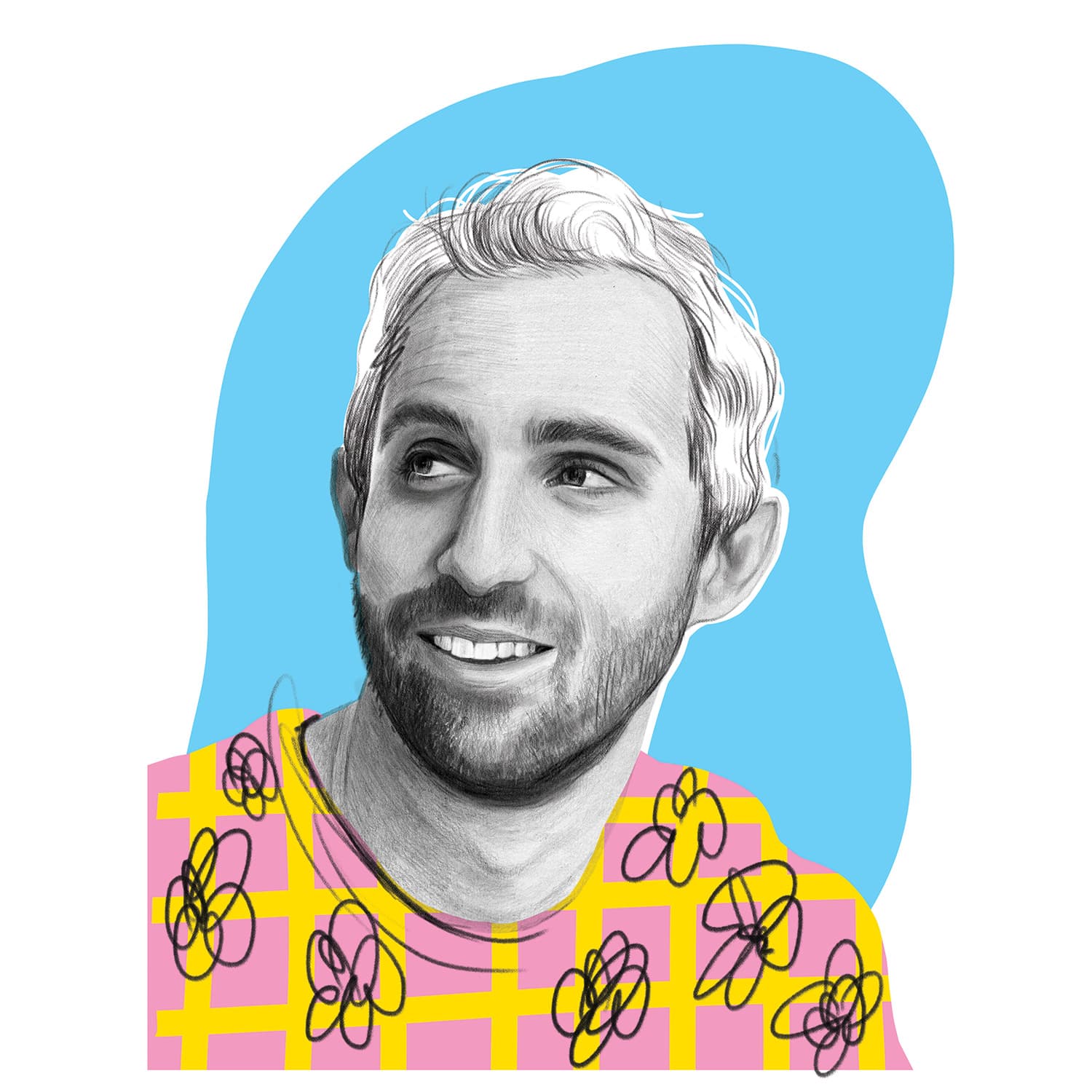



![CB-800x800_0000s_0006_IMG_1010[2]](https://canadianbusiness.com/wp-content/uploads/2021/10/CB-800x800_0000s_0006_IMG_10102.jpg)
